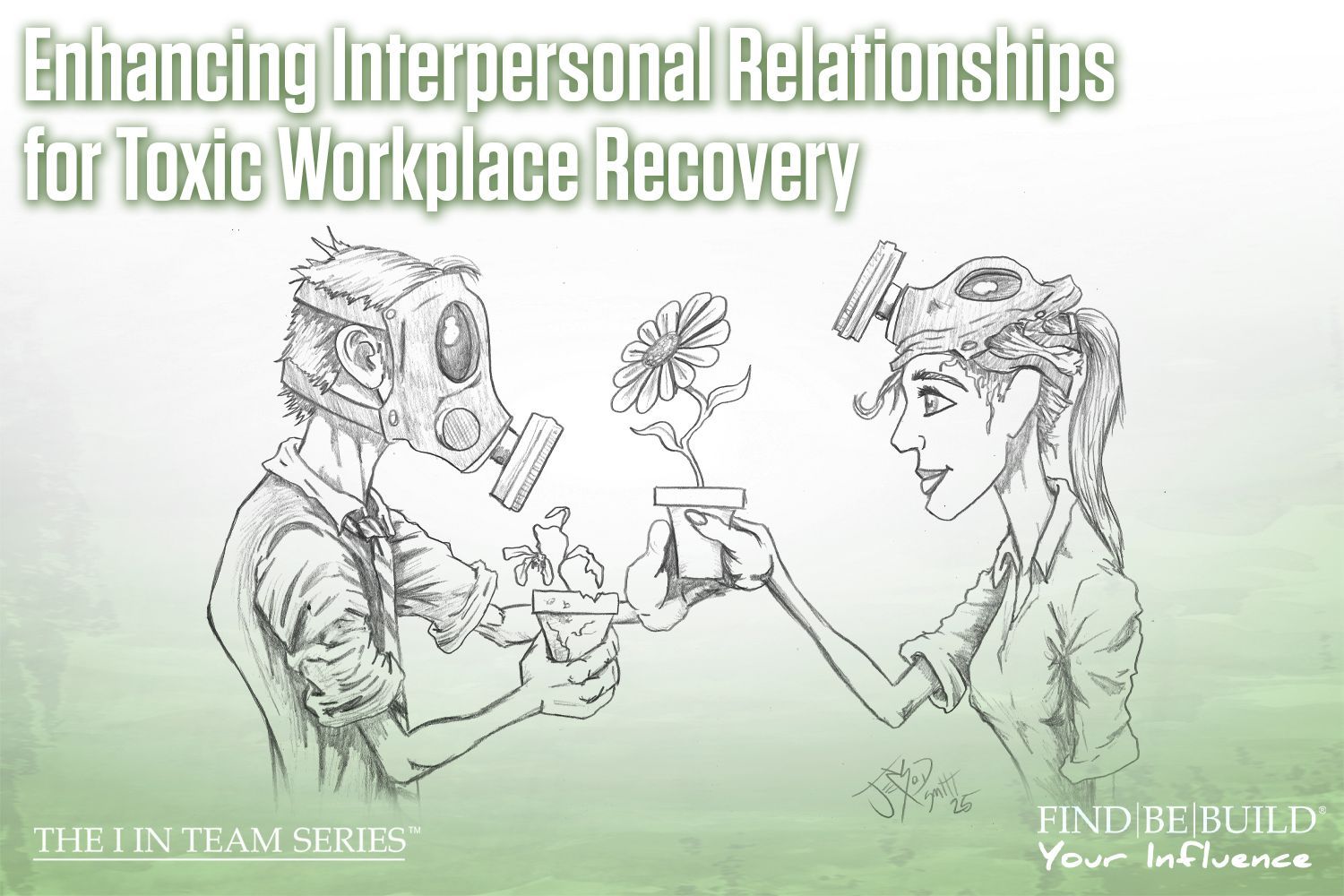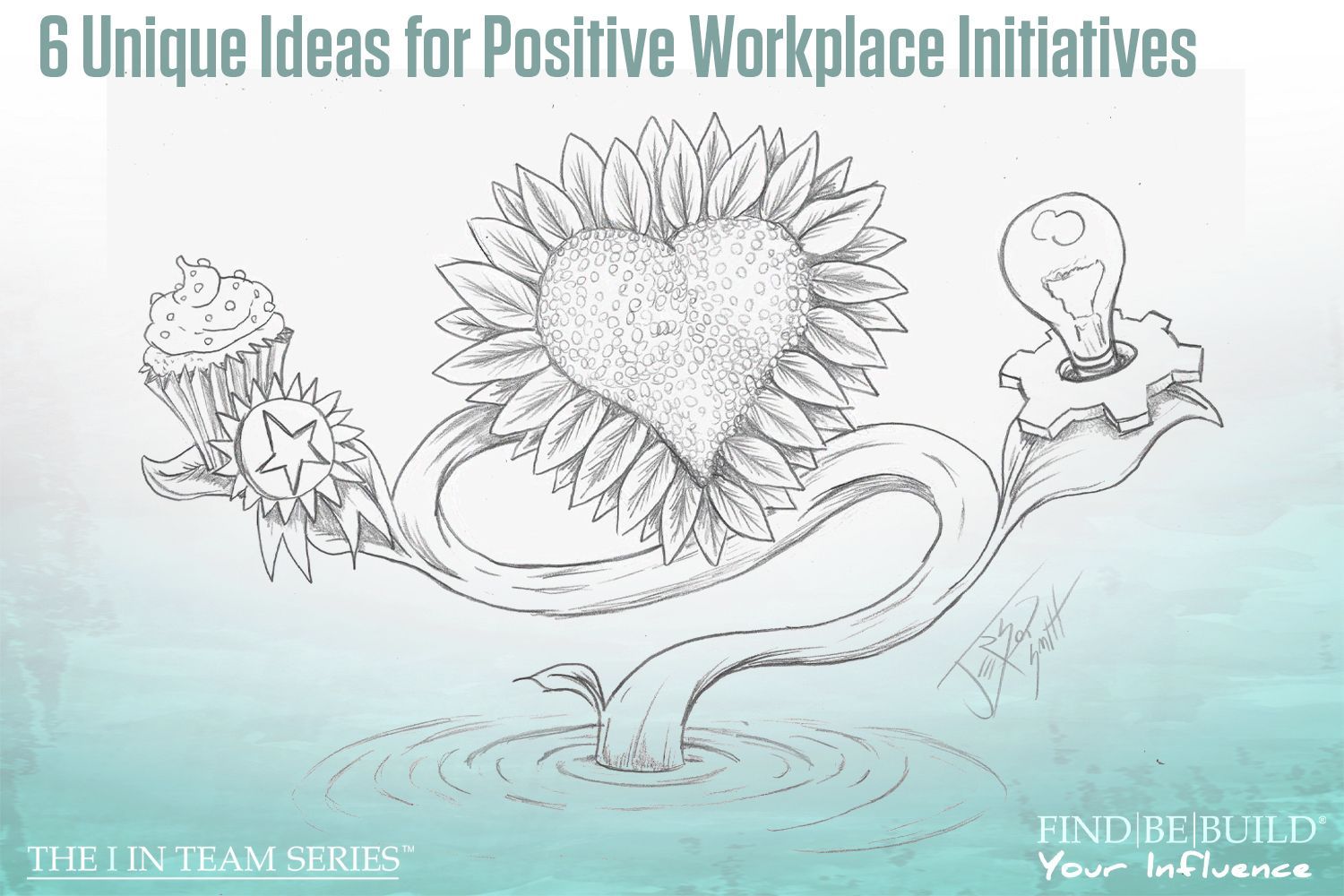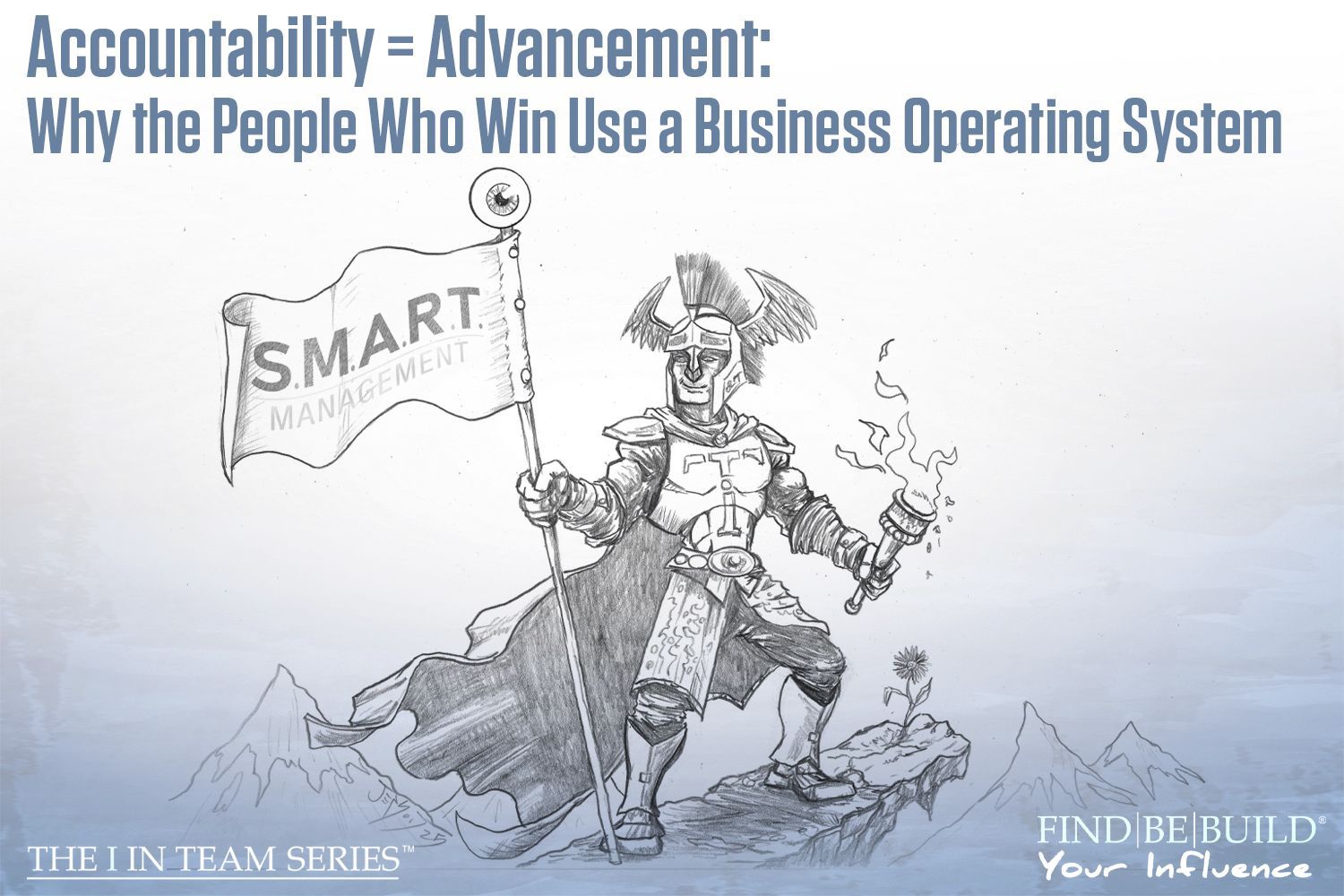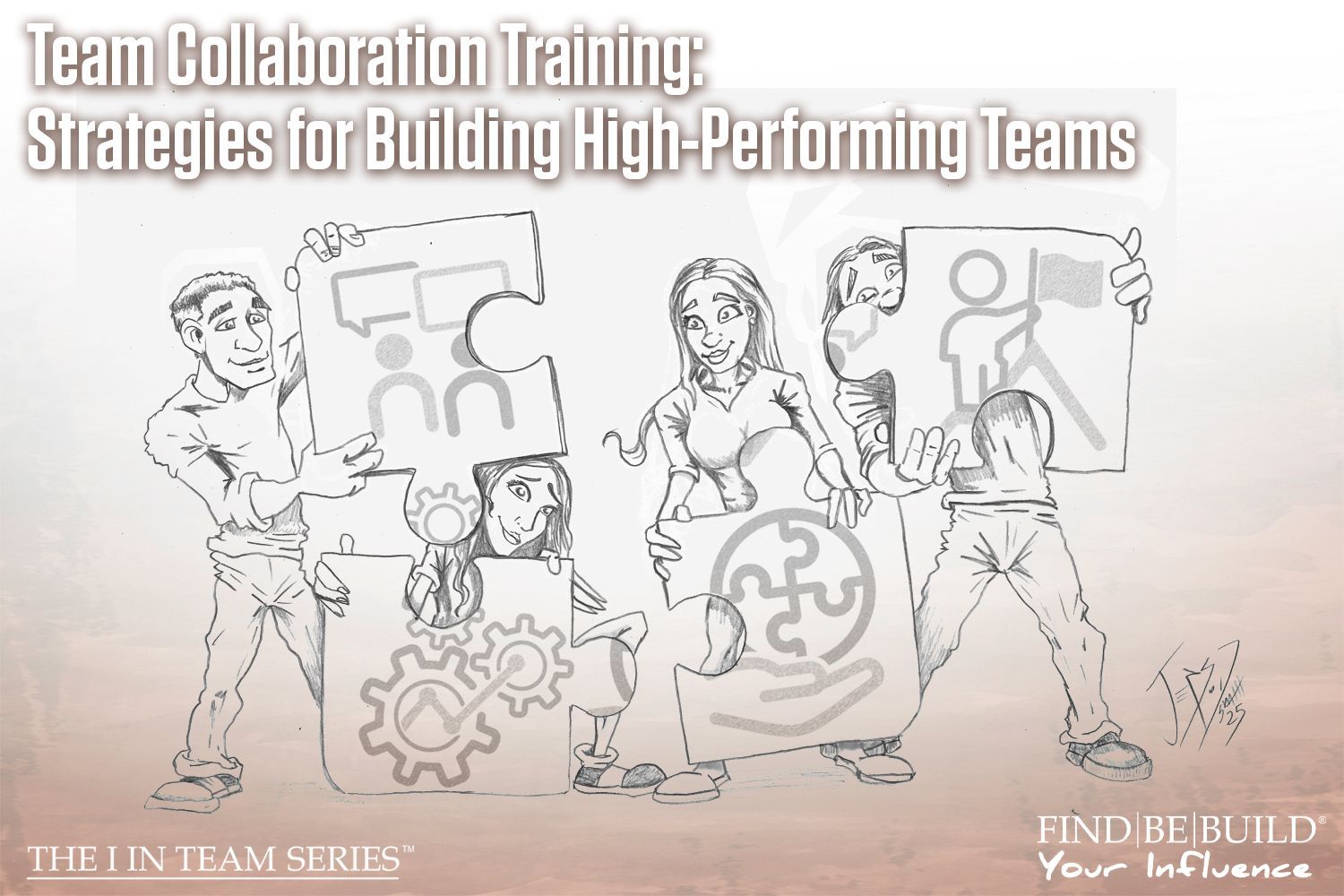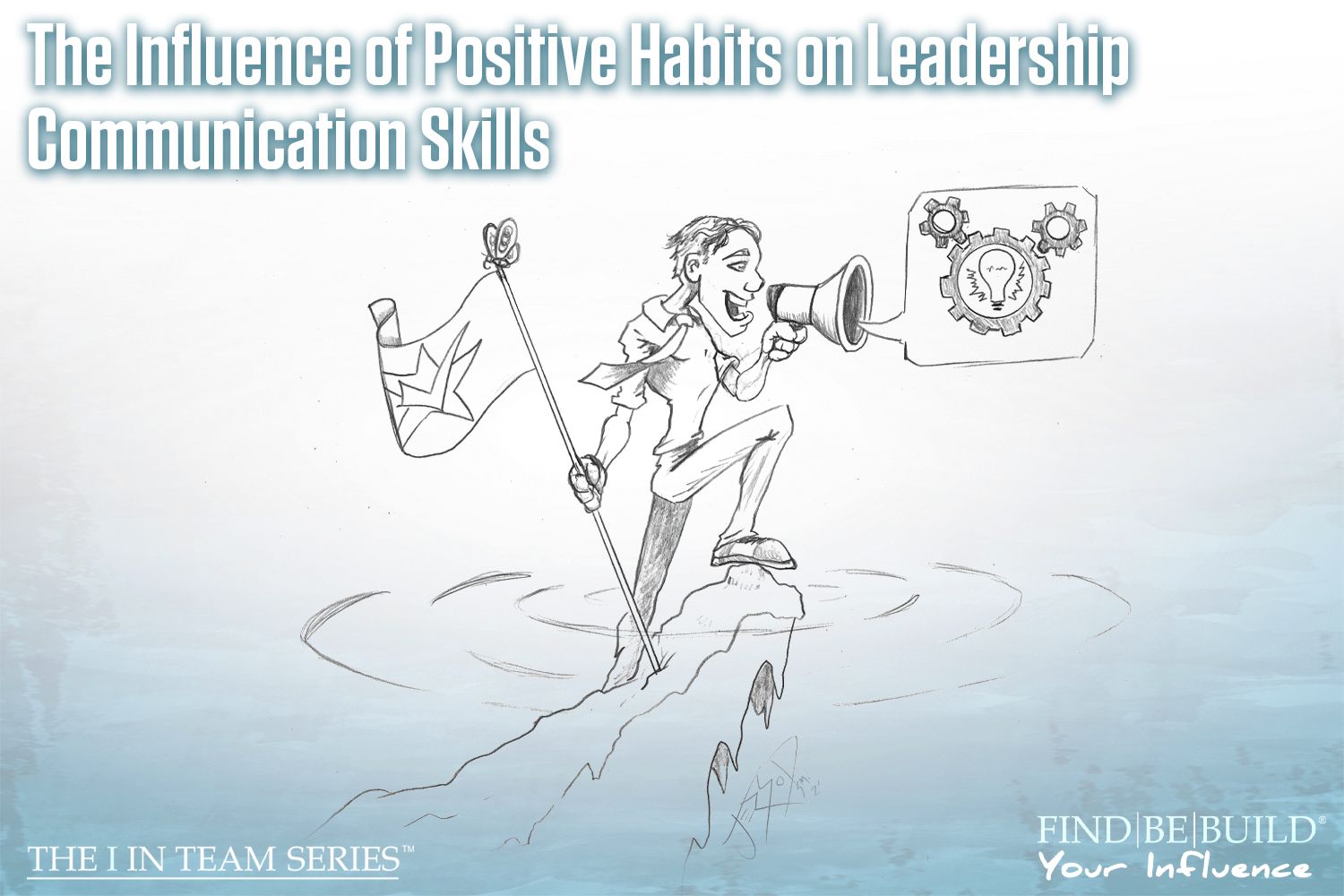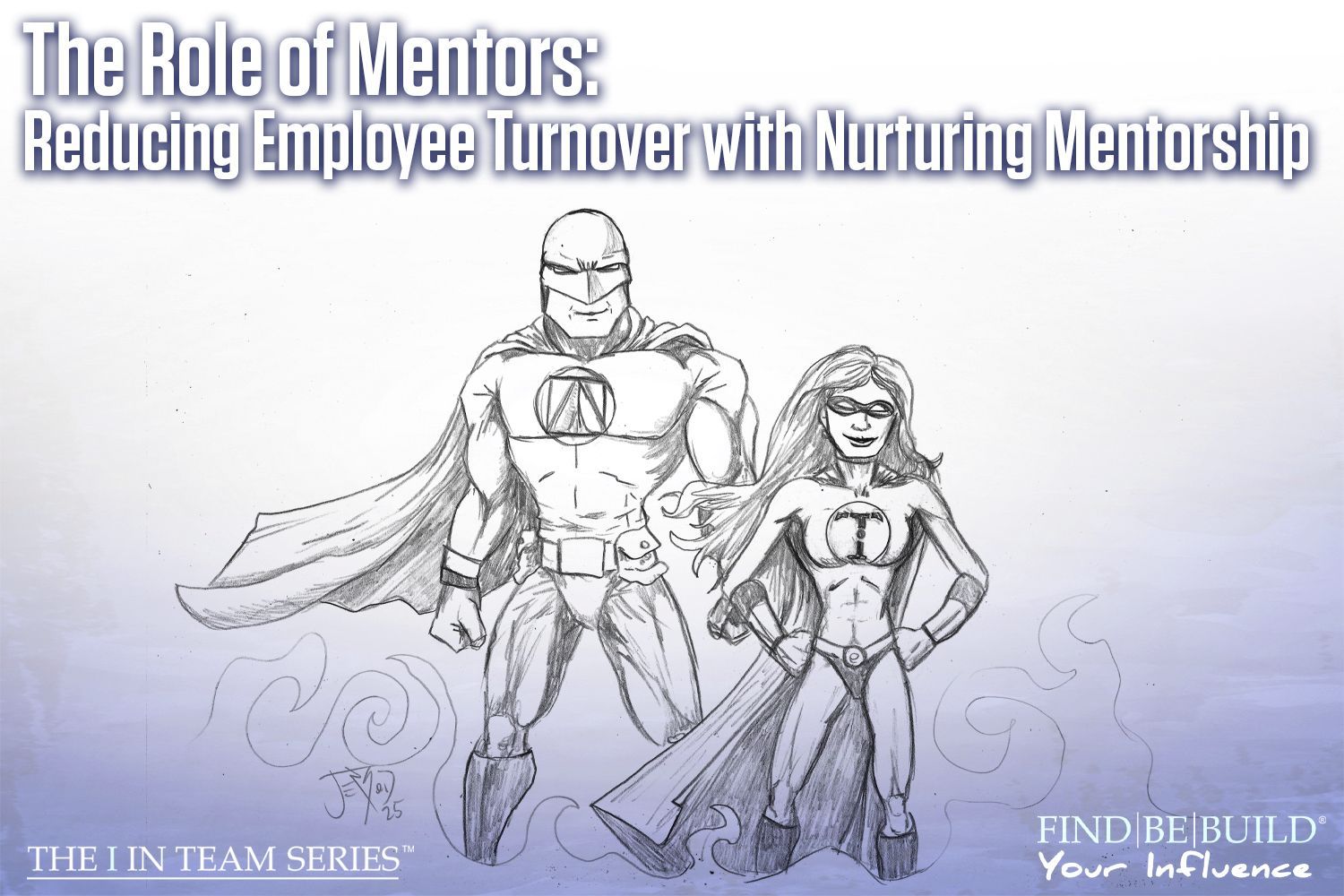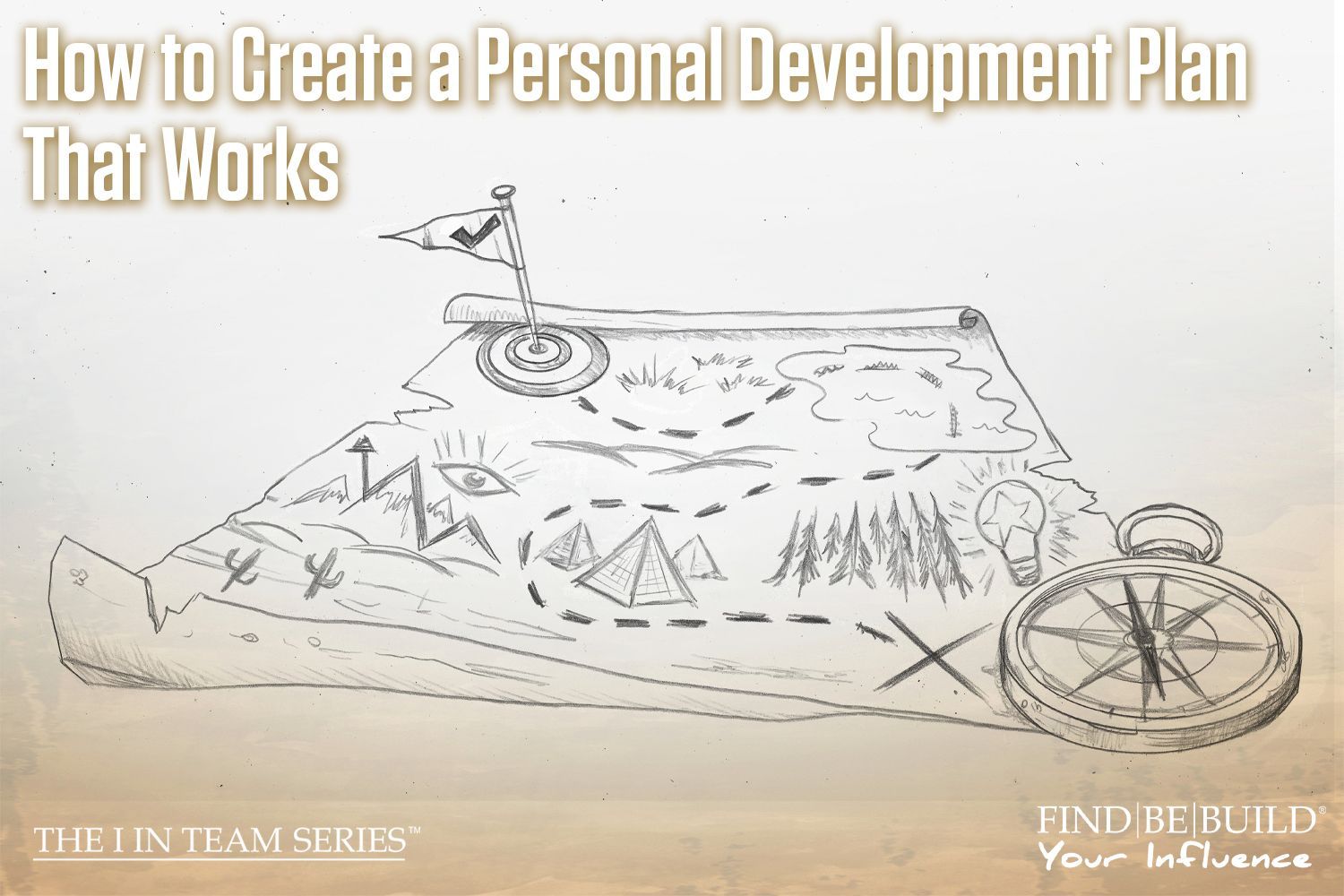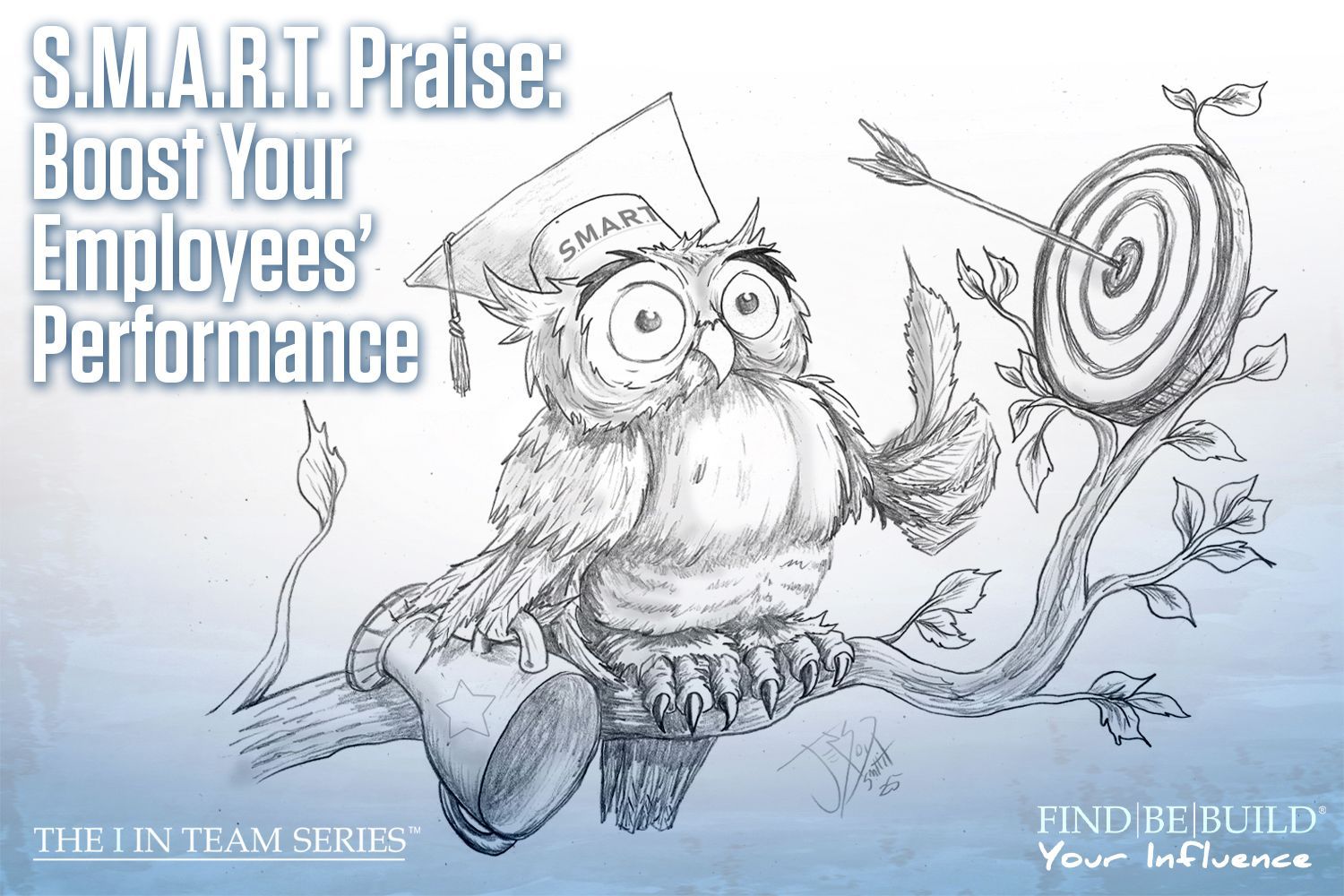Emotional Intelligence in Business: Understanding and Managing Your Emotions for Success
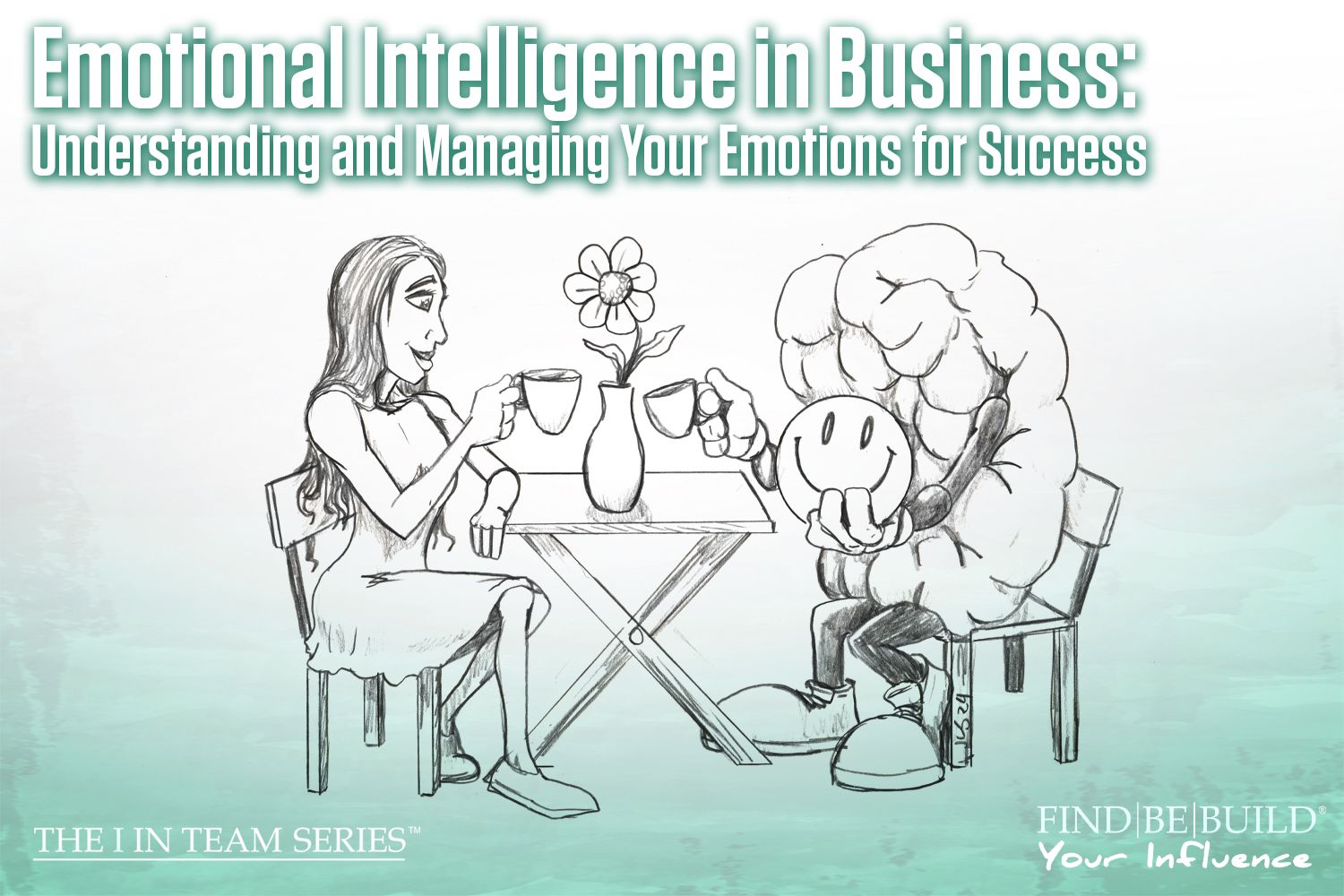
Emotional intelligence in business consulting
Hello, team! Mary here, continuing our journey through the I in Team series, where we empower you to find, be, and build your influence. Brian and I discuss emotional intelligence in our book series and we wanted to bring some of the topics we discuss to you here as well. If you’re curious about diving deeper into emotional intelligence, check out our series and the other books linked in this article. If you just need a refresher, the following tips are for you.
Pause Before Reacting
When faced with difficult or emotional situations, take a moment to pause, breathe, and reflect. Reacting based on your emotions will likely not help the situation and could make things worse. By taking a moment to pause, we allow ourselves to sit with our emotions, understand why they are happening and where they are coming from, and consider how we want to respond to move the situation forward in a productive way.
At times, you will be able to pause for a moment and think, but other times, you might need to step away and take a walk or a day to respond. By developing healthy coping strategies, you can handle tough moments with poise. If it helps you, write down the situations that evoke certain emotions. Over time, you may see a pattern which could aid you in knowing when you need to pause in the future.
Build Rapport
Building relationships with the people you work with, whether they be team members, clients, vendors, etc., can help support your ability to be emotionally intelligent because it develops both social skills and empathy for others. We build relationships through active listening, cooperation, and open communication. By making others feel valued, we set ourselves up to collaborate with them more effectively.
Build relationships by asking questions and being genuinely interested in the responses. This strengthens bonds and helps you see the other person as a person and not an object (thus, building empathy).
Book Recommendation: Leadership and Self-Deception
Additionally, practice mastering non-verbal communication. Understanding body language, tone, and facial expressions can tell you a lot about what someone isn’t saying. The better you get to know someone, the easier you will be able to understand their non-verbal cues.
Develop an Emotional Vocabulary
Dr. Brene Brown said it best, “If we want to find the way back to ourselves and one another, we need language and the grounded confidence to both tell our stories and be stewards of the stories that we hear. This is the framework for meaningful connection.” Said another less-eloquent way, when we understand our emotional experience and have the language to describe it, we create paths for connection.
Book Recommendation: Atlas of the Heart
The above recommended book contains 87 different emotions researched over decades to help us gain a better emotional vocabulary to describe our and others’ experiences. In developing our emotional vocabulary, we improve the clarity of our conversations and reduce confusion that can lead to more detrimental emotions and situation.
Encourage Emotional Intelligence in Others
At times, it can be a lot easier to understand and manage our own emotions when we are surrounded by others who share our drive to be emotionally intelligent. Start by encouraging emotional intelligence in others on your team. Lead by example and model good emotional habits (like those listed here). Your emotional tone helps set the culture for the workspace. By understanding and managing emotions, we help lift our team’s culture and demonstrate how successful we can be by being emotionally intelligent.
Bottom Line
Understanding and managing our emotions for increased emotional intelligence helps us navigate complex interpersonal dynamics which is crucial for long-term success in business. Consider when you need to take a step back, build positive relationships with those you work with, develop your emotional vocabulary, and lead by example to help others realize how valuable emotional intelligence is.
